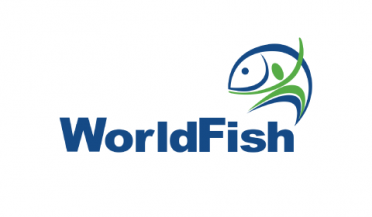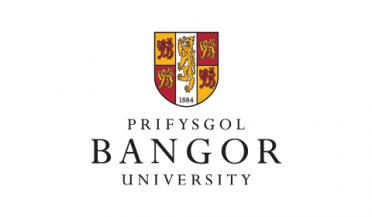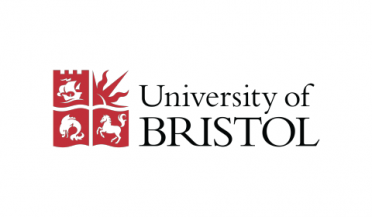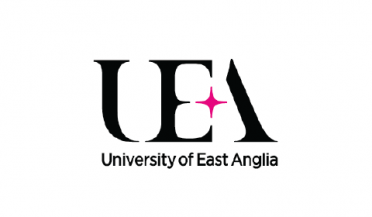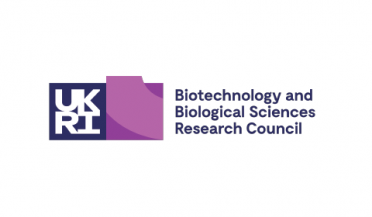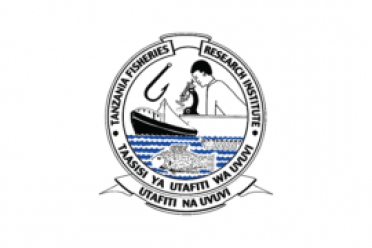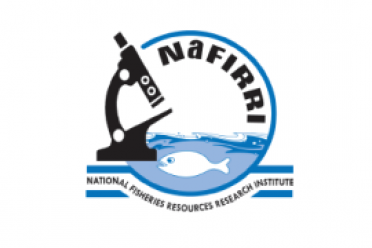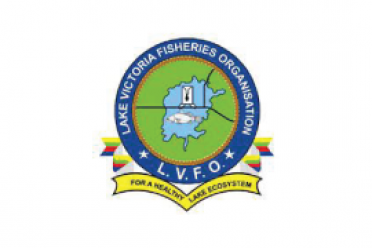Improving aquaculture with genomics resources for breeders
The Earlham Institute has played a leading role in creating genomic resources that will enable breeders to boost global aquaculture production and protect biodiversity.
Aquaculture - the breeding and farming of fish and shellfish - is overtaking traditional line and net fishing practices. This shift is particularly important for providing communities living further away from a coastline with a key source of protein and nutrients.
In many ways, the success of aquaculture relies on applying the same long-established practices we see with modern agriculture. When it comes to improving yield, health, and resilience, genomic resources are now essential for breeders, whether they manage crops, livestock or farmed fish.
The Earlham Institute has played a central role in creating genomic resources for breeders - working closely with partners such as WorldFish and the Roslin Institute - that will help address issues of gene flow in domestication and environmental adaptation in the face of climate change.
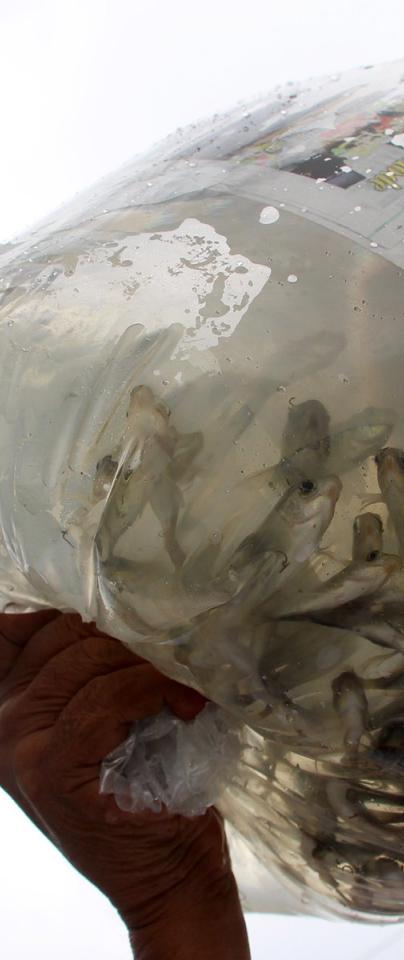

In the context of climate change, freshwater will become a very scarce resource, we need to make sure that freshwater aquaculture can still thrive in these changing conditions.

Dr Wilfried Haerty, Evolutionary Genomics Group Leader, Earlham Insitute
Image: WorldFish
The tilapia is the second most important freshwater aquaculture species, with an estimated 4.6 million tonnes produced in 2019 at a value of $9.2 billion USD. Tilapia is a hardy fish cultivated across the globe in freshwater ponds and is an increasingly vital food resource.
Part of the success of the Nile tilapia (Oreochromis niloticus) is associated with breeding efforts for faster growth. To improve genomic selection researchers of the Earlham Institute’s Haerty Group and Genomics Pipelines are collaborating with WorldFish (CGIAR Centre) who has been overseeing the genetic improvement of two Nile tilapia strains. We generated the best tilapia genome yet, WorldFish is implementing strategies to breed more resilient fish based on it.
Our work on tilapia also aims at investigating the existing genetic diversity of this group of species and to uncover the genetic bases associated with environmental adaptation (high salinity, temperature, oxygen content).
East Africa, where our research is focused, is home to many species of native cichlid fish that can readily hybridise with tilapia. This poses a problem for farmers because hybrids are difficult to identify and are less productive than varieties bred specifically for ponds. At the same time, escaped farmed varieties pose a hazard to biodiversity.
Researchers of the Earlham Institute’s Haerty Group, along with UK and international collaborators, have been applying their expertise in genome sequencing, assembly and analysis to help generate better genomic resources to answer these challenges. These efforts led to the design of a SNP chip to identify tilapia hybrids which will help to prevent interbreeding between farmed and native fish.
As part of a European Development Fund award in collaboration with WorldFish, the Lake Victoria Fisheries Organisation, and National Fisheries organisations in Uganda, Kenya, and Tanzania, we aim to identify the genetic status of existing stocks in water bodies of East Africa countries.
These activities aim at shaping evidence based policies in the Lake Victoria Basin to protect tilapia population and encourage their sustainable use for aquaculture development. Our activities will lead to improved research and monitoring and ultimately to enhancement of the aquaculture industry.
An impact report considers tilapia research at the Earlham Institute to be worth an additional $12.4m to the tilapia economy of Tanzania and Malawi (estimated at just over $23m in 2015) - totalling £612m over the next 25 years.
In 2016, the Earlham Institute joined forces with WorldFish and collaborators at the University of Bangor, the University of Bristol, and the Roslin Institute, with strategic funding from UKRI-BBSRC, to launch projects in East Africa that would improve tilapia genetic resources.
Since then, current and former EI researchers working in the Di Palma and Haerty Groups have overseen some significant breakthroughs in our understanding of tilapia genomics and the interplay between farmed and native fish.
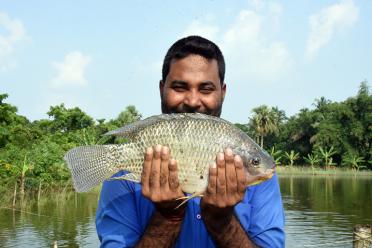
Dr Adam Ciezarek and Dr Antonia Ford publish a collaborative study that shows the extent of hybridisation in cichlids in East Africa, and the threat posed to both fish farming and biodiversity
Dr Tarang Mehta publishes the results of a study exploring the genetic rewiring behind the evolutionary explosion of cichlid fish in East Africa, which could have implications for breeding economically important species such as tilapia
The study makes it into the UKRI-BBSRC Impact Showcase 2021
Earlham Institute’s Haerty Group and WorldFish announce the best ever reference genome assembly for the GIFT strain of tilapia - one of the most important freshwater farmed fish globally
The Swarbreck Group’s REAT pipeline is essential for providing a robust and accurate genome annotation for the project
The Earlham Institute’s UKRI-BBSRC strategically funded National Capability in Genomics and Single-Cell Analysis is integral to the DNA sequencing and assembly effort
Whole genome resequencing work published by Dr Adam Ciezarek and collaborators enables a targeted SNP panel for tilapia conservation and aquaculture
The Earlham Institute, the Roslin Institute and WorldFish showcase the power of collaborative UKRI-BBSRC funded research to publish an improved, chromosome level reference genome for GIFT tilapia.
Aquaculture, particularly in terms of providing genomic resources for breeders, will continue to be a focus for the Earlham Institute. We are involved in a number of projects, many conducted in collaboration with WorldFish and the Roslin Institute, which seek to bring in other useful traits into commercial fish stocks.
The Institute is also engaging directly with local communities and breeders to understand their evolving needs so we can deliver ongoing impact. This will involve joint collaborative research and building capacity with bioinformatics and genomics training.
Farmed fish is set to be an increasingly important source of protein in the future, with genomic resources playing a fundamental role in long-term food security for many communities around the world. The Earlham Institute will continue to strengthen its relationships with the various partners involved in this work to ensure we realise maximum impact and keep pace with growing demand.
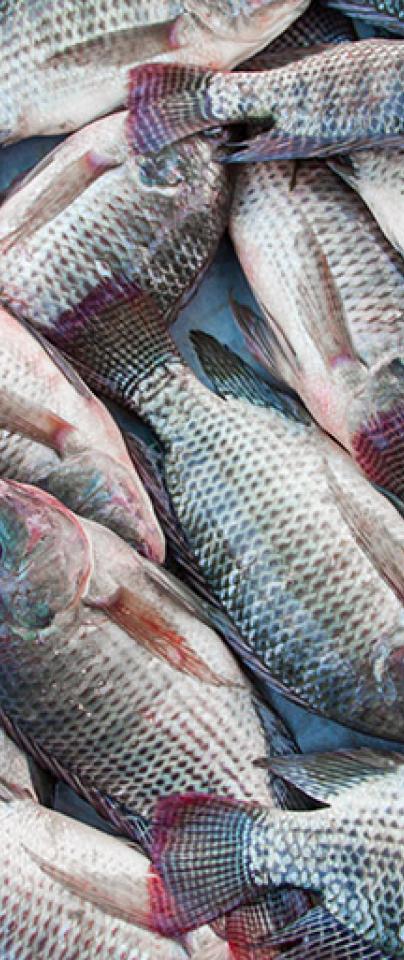
Most of the world's fisheries are overexploited and it seems inevitable that freshwater fish-farming will continue to grow in popularity.
Global tilapia production hit 6 million tonnes for the first time in 2020 and is now a $7.6 billion dollar industry, highlighting the huge growth in the freshwater aquaculture industry. However, that growth is threatened by a number of factors - including disease and arising pathogens, unwanted hybridization with wild fish, and climate change.
Our work, carried out in close collaboration with National Fisheries organisations in Uganda, Kenya, and Tanzania, aims to identify the genetic status of existing stocks in water bodies of East African countries.
Our science, knowledge-sharing and training activities will lead to improved research and monitoring - and ultimately to enhancement of the aquaculture industry.
